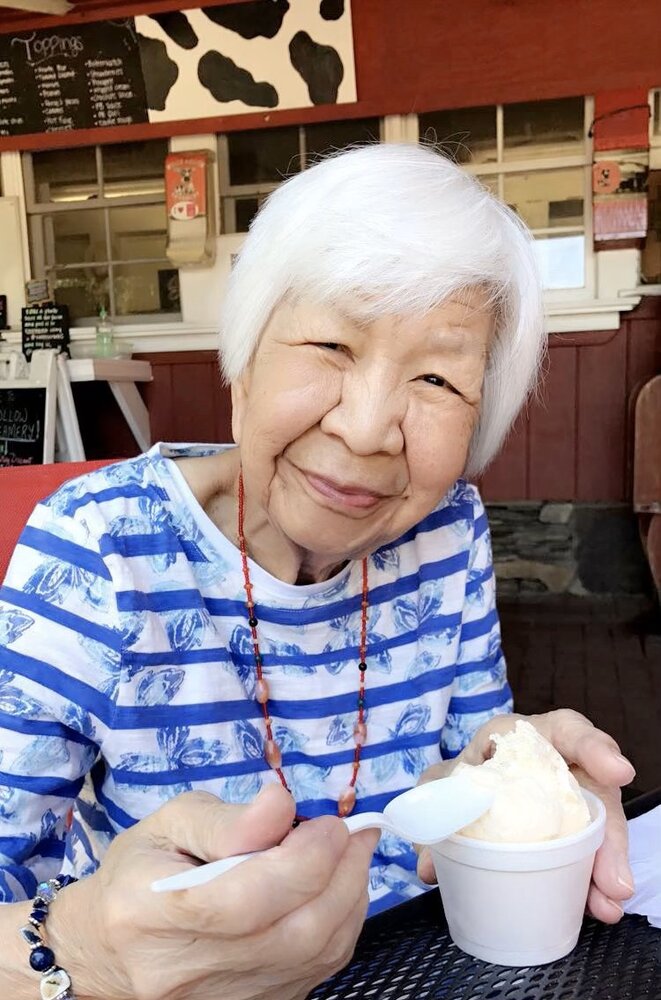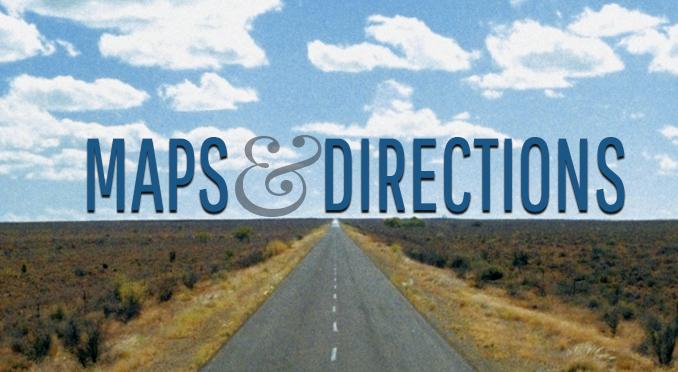
Visitation at Funeral Home
Funeral Service
Obituary of Wai H. Chanwong
Wai H. Chanwong, age 96, of Shelton, passed away peacefully on Saturday, April 8, 2023 at Bridgeport Hospital with her loving family by her side. She was the beloved wife of the late Kam Chung Wong. Born in Shanghai, China on March 13, 1926, she was a daughter of the late Lan Fong Chan and Guk Guo Chan.
Mrs. Wong was a loving wife, mother and grandmother. She took great pride in raising her children and grandchildren and taking care of her family. She was talented in cooking, knitting, and spreading joy and kindness. She was well loved by everyone who knew her, and her memory will live on in the hearts of so many family and friends.
Survivors include a daughter, Ivy Kao, a son, Tak Yam Wong and his wife Teresa Woo, three grandchildren, Emil Wong and his wife Meagan Dietz, Isabelle Kao and her husband Yifei Sun and Victoria Kao and two cherished great grandchildren, Emmett and Lucia as well as many nieces and nephews.
A Funeral Service will take place on Monday, April 17, 2023 at 1:00 p.m. in the Abriola Parkview Funeral Home, 419 White Plains Rd., Trumbull. Interment will be private. Friends and relatives may greet the family on Monday from 11:00 a.m. to 1:00 p.m. at the funeral home.
"My Chinese Family of Four" By Isabelle Kao
At my house, where toilet seats are always down and women do the barbecuing, ESPN is just a channel between Headline News and the Food Network.
Consisting of Grandma, Mom, younger sister Victoria, and me, my purely female family lacks a paternal influence. I haven't seen my father in years; he doesn't know that I could die for chocolate milkshakes, that my mouth hangs open while I sleep, or that I wear flip-flops year round.
Although not divorced, my parents have led separate lives on opposite sides of the world for as long as I can remember. In my family, Grandma is the traditional "Mom" while Mom is the traditional "Dad." Mom works late into the night to sustain us while Grandma cooks and cleans.
Grandma keeps the rice cooker on "stay warm" and starts stir-frying in the wok around nine p.m when Mom gets home. Grandma fills dinner conversations with remarks in Chinese: "Why won't you eat the eggs? Do you know that when your mother was growing up in Communist China, we were rationed eggs only once a year and saved them as birthday treats? And eat the shiitake mushrooms! They lower cholesterol!"
Grandma offers the wisdom and support of a strong sovereign. With the power and age to lecture and scold, she is Queen; if I seek permission to do something, the matter ultimately ends in Her Majesty's hands.
Mom's "yes" may very well be Grandma's "no," and the Queen's resounding "no" always prevails. Grandma's wisdom is that of a sage; aside from the cultural clashes, she has always pointed me in the right direction and given me the right answer. I've learned that I don't need to lose my sense of values and morals to succumb to peer pressure.
I don't need to eat dinner "on the go," watch Monday Night Football, or attend the prom just because everyone else does. By listening to my problems and conveying a Chinese proverb with each solution, Grandma also helps me see the truth in the various Confucius sayings displayed prominently throughout the house.
Mom has taught me to be strong and independent. Never complaining of her stress level or fatigue, she only strives to work harder. We devour The New York Times each morning to "be aware of global issues and to be free from ignorance." She is not at all embarrassed to take me as her "date" to company functions. Despite the numerous times Victoria and I tell Mom that Buicks are generally driven by ol' folks, she stubbornly refuses to drive any other car.
Mom and Grandma, whom I instinctively call my parents, raise my sister and me in the strict, old-fashioned, Chinese manner. Unable to date, wear clothes of our choosing, or bring home grades lower than A's, growing up as Chinese-Americans can be a challenge.
Grandma derides the innocent Disney Channel whenever Victoria watches it because it features the "unacceptable behavior" of girls who wear makeup, have boyfriends, and listen to rap music. Mom chastises me whenever I write with red pen (because red ink symbolizes impoliteness), and when I wear white hair ties (because they symbolize a mother's death). Although frustrated at times, my sister and I generally end up in hysterics when we joke about the things that set apart our parents from other American parents.
We laugh at how our friends are forced to take off their shoes and wear slippers when entering our house while trying to comprehend Grandma's broken English.
American journalist Jane Howard once said, "Call it a clan, call it a network, call it a tribe, call it a family. Whatever you call it, whoever you are, you need one."
Throughout the years, friends have called my family the network of "the four chicas," the tribe of "the three generations," and the clan of "Grandma's children."
I don't need a high testosterone presence in my house to make me a better person, and I wouldn't trade my unconventional family for any other in the world. After seventeen years, I have come to realize that today's households aren't powered by the traditional mother and father, sister Jane, brother John, and dog Spot; rather, they are powered by love.
I have come to realize that the typical American family I once wished to have is unnecessary in guiding the family's prized vehicle down the road of life. All I need is our Buick, driven by Mom's will, steered by Grandma's protection and support, and fueled by all our love.
KAO, a student at Shelton (Conn.) High School, was the grand-prize winner in the 2004 Kaplan/Newsweek "My Turn" Essay Competition.
Our Location:
419 White Plains Rd
Trumbull, CT 06611
Phone: 203-373-1013
Fax: 203-373-1168
EMAIL US:
Directions:
For detailed driving directions click here.



